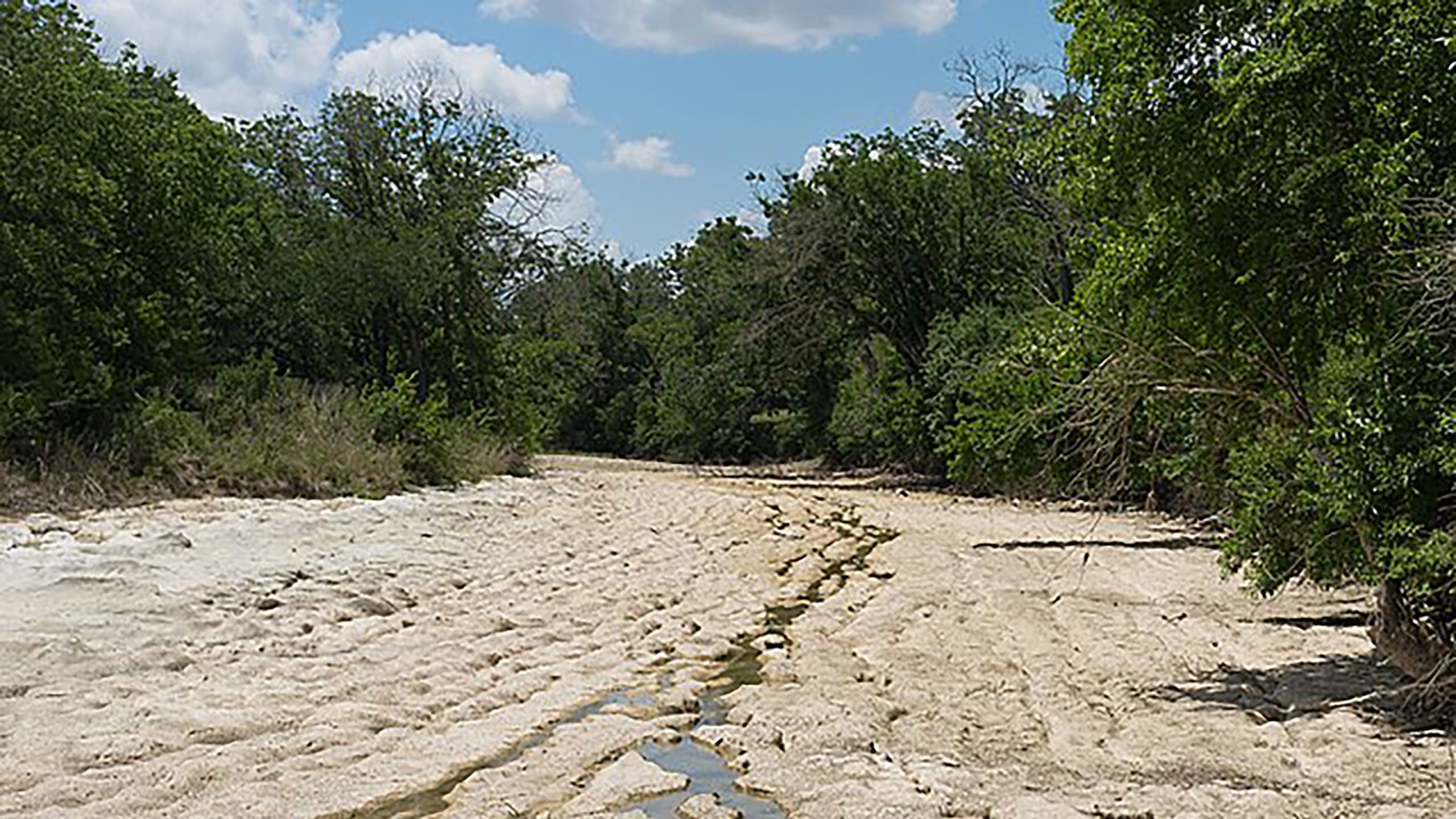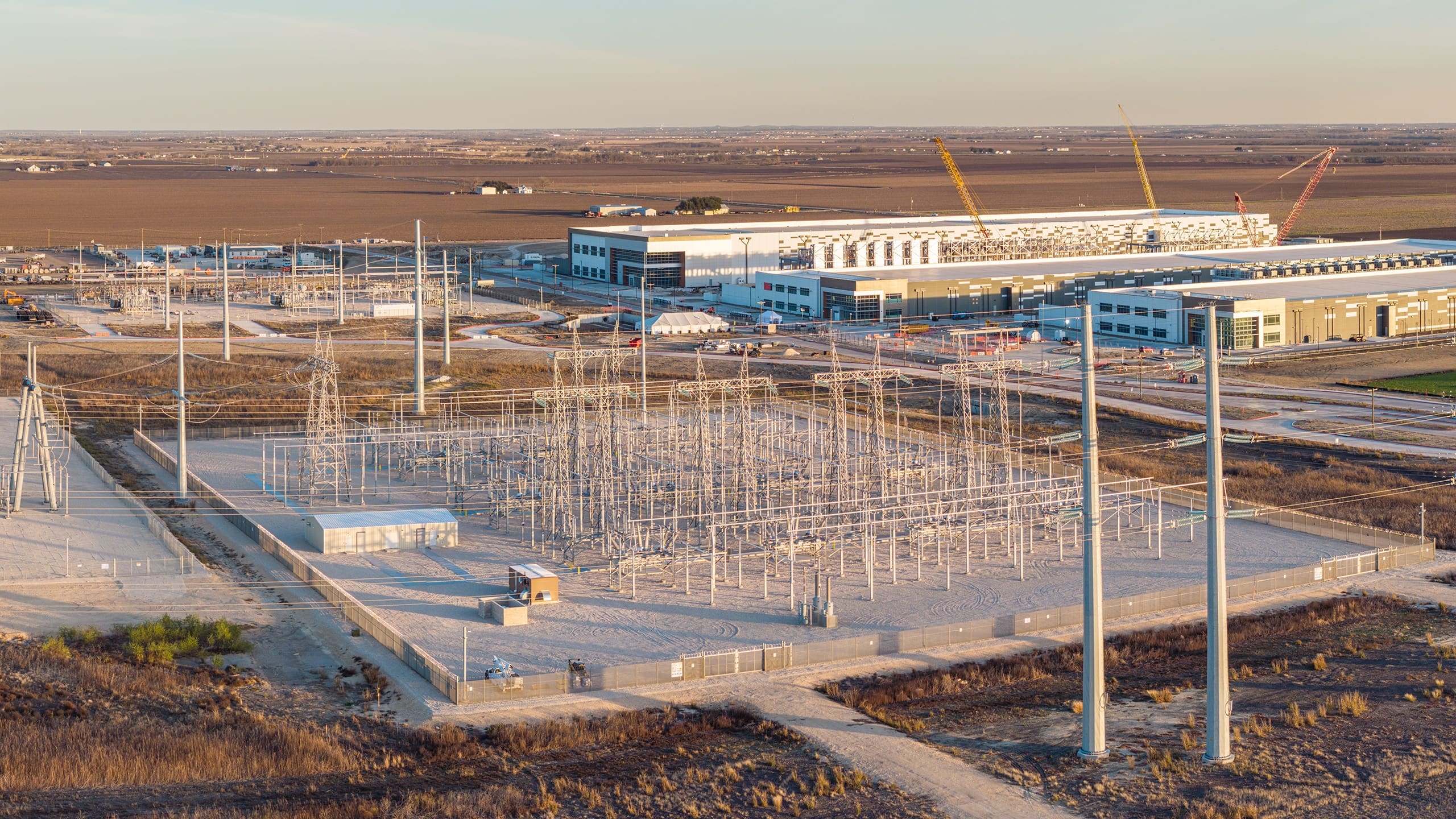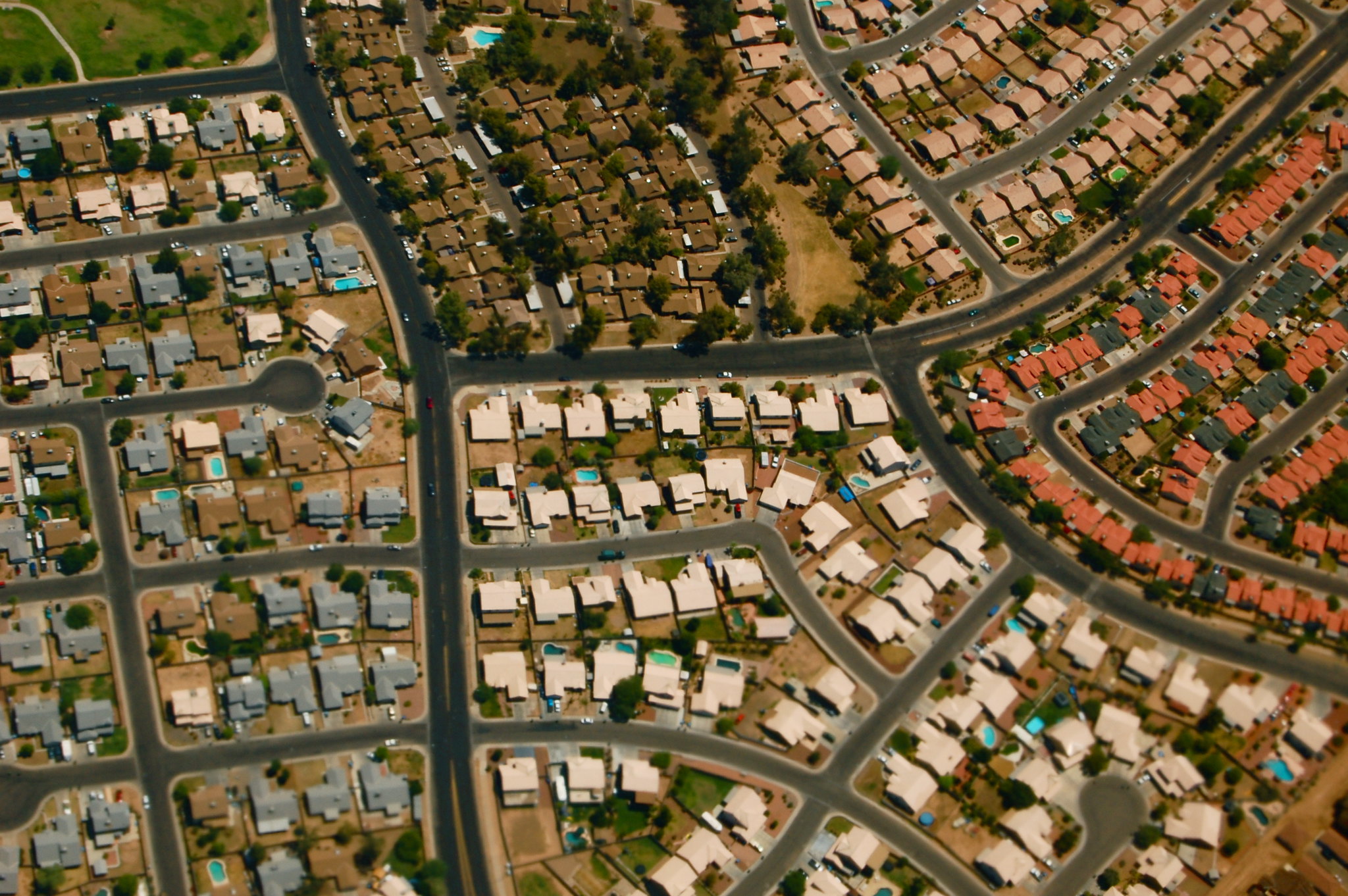Listen and subscribe to us on your favorite podcast platform:
One of the challenges is, how do you navigate these incredibly complex conversations, recognizing that our best-case scenario is not a great scenario … Even these massive scale projects, they are still a controlled loss. They are still a controlled and managed retreat.
Beaux Jones, chief executive officer of The Water Institute
[The Mid-Barataria Sediment Diversion] is an incredibly ambitious effort to let the river do a little bit of what it used to do. But it is not at all rewilding the river. It is using the inherent energy of the river to, in one place, rebuild something that is disappearing.
Boyce Upholt, author of “The Great River: The Making and Unmaking of the Mississippi”
The human interventions intended to make Louisiana’s coastline habitable and productive over the past century have contributed to the region’s most existential threats. Without redress, displaced river sediment, compromised wetlands, and land subsidence will increasingly expose the state to extreme storm surge and sea level rise.
In 2007, following the devastating impacts of Hurricanes Katrina and Rita, Louisiana adopted its Coastal Master Plan. More than 100 projects have been approved under the plan, including the $3 billion Mid Barataria Sediment Diversion. The largest project of its kind, the diversion was designed to regenerate 40 square miles of barrier wetlands by allowing the leveed river to flood the Barataria Basin. Construction began in 2023, but it was ultimately canceled by Governor Jeff Landry in July of 2025 due to financial and environmental objections.
The arc of this project, from its design through its cancellation, exemplifies how complicated and divisive collective decision-making can become in the age of climate change. Projects scaled to meet major resilience issues are rarely able to serve the conflicting priorities, values, and interests of all stakeholders equally—and trade-offs can bring conflict at every step.
Water Institute CEO Beaux Jones and award-winning environmental journalist Boyce Upholt both return to the podcast—this time for a joint conversation about the dilemmas in Mississippi River management, conflicting interests and negotiations in coastal resilience, and what it all means for Louisiana’s future.
Relevant Articles and Resources
Subscribe to receive the Southlands Magazine and newsletter here!
Learn more about the 10X Convergence and attending
“’It’s a tragedy’: Current, former state officials spar over scuttled coastal project” (The Current LA, August 2025)
“What scrapping a $3 billion coastal project means for Louisiana’s future” (The Washington Post, July 2025)
“Proponents of Mid-Barataria diversion warn against abandoning wetlands” (Louisiana Illuminator, May 2025)
Mississippi River 100 (The Water Institute)
Relevant Ten Across Conversations Podcasts
Past and Future Resilience Along the Mississippi with Boyce Upholt
Want to Understand the Future of U.S. Climate Resilience? Look to the Gulf Coast
Mississippi River Mayors Coalesce to Address Shared Climate Risks
Credits
Host: Duke Reiter
Producer and editor: Taylor Griffith
Music by: Emanuel Wilde and Johan Glössner
Research and support provided by: Kate Carefoot, Rae Ulrich, and Sabine Butler
Guest Speakers
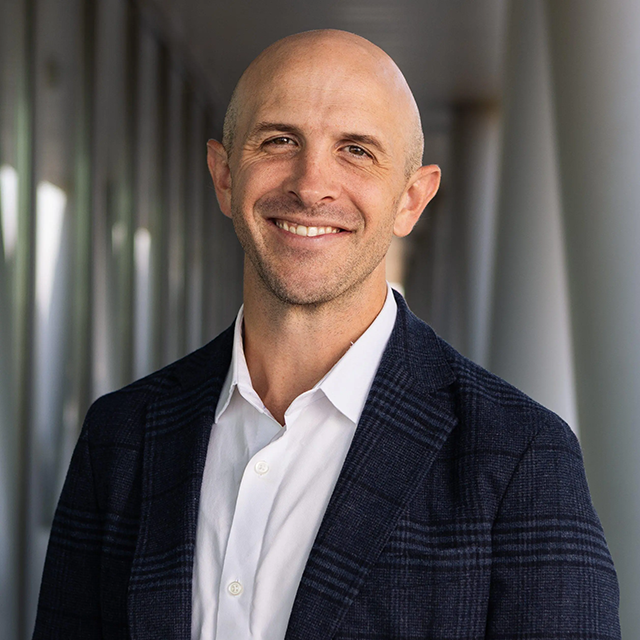
Beaux Jones is the president and CEO of The Water Institute. Prior to joining the Institute, Beaux was environmental section chief of the Louisiana Department of Justice, where he represented the state on a variety of matters ranging from environmental and coastal law to criminal and appellate law. He previously was an environmental and coastal lawyer for the firm Baldwin Haspel Burke & Mayer. Beaux also served on the BP spill litigation team with the Louisiana State Attorney General.
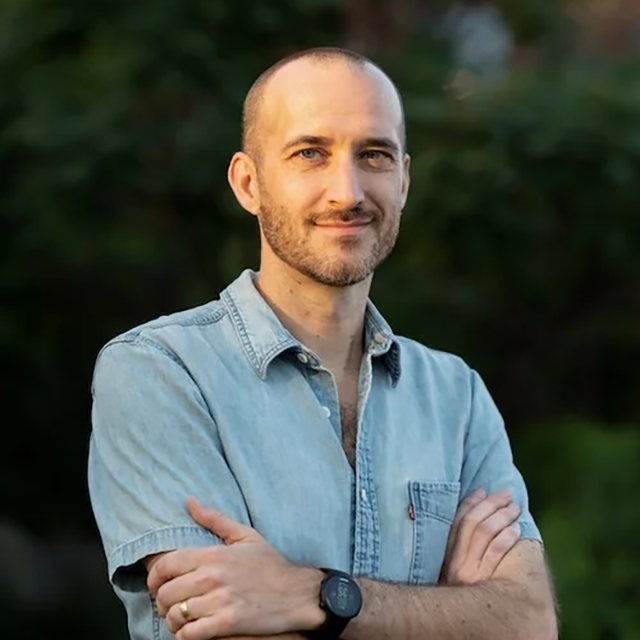
Boyce Upholt is the founding editor of Southlands Magazine and the author of The Great River: The Making and Unmaking of the Mississippi. His award-winning environmental reporting has appeared in The Atlantic, National Geographic, and The New Republic, among others.



